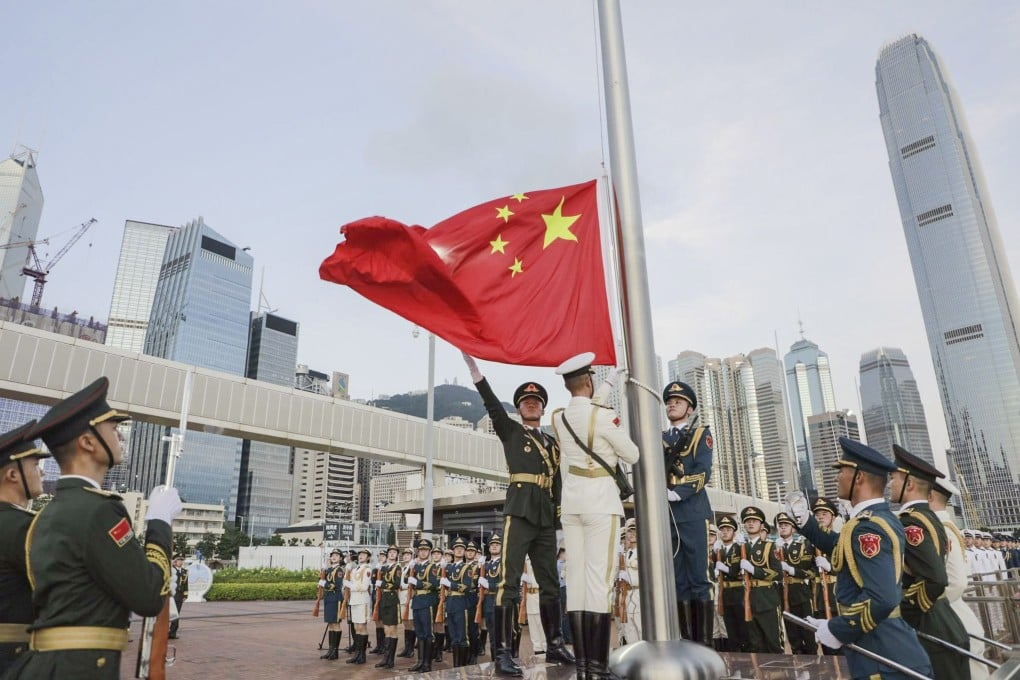My Take | ‘One China’ and ‘one country, two systems’ under siege
- Both formulations used to serve China and the world well. Now, they are being contested to their breaking point by the island of Taiwan and the West

“One China” is the goal. “One country, two systems” is the means. Thanks mostly to the political genius of Deng Xiaoping, both formulations have, for decades, served the country well, domestically and internationally. They are now under increasing stress, perhaps close to the breaking point.
For a long time, there was a consensus or at least a tacit understanding about the two formulations between mainland China, the island of Taiwan, the Hong Kong SAR, Britain and the United States. The main actors agreed or at least agreed to paper over the most problematic issues.
Now, that peaceful period is at an end. It’s unlikely we could go back to the way things were. Yet, that seems to be exactly what Beijing demands with its latest release of the white paper on “The Taiwan Question and China’s Reunification in the New Era”.
On the other hand, in deeds and increasingly in words, Taipei and Washington are chipping away at the two formulations. The two governments have openly repudiated one country, two systems, insofar as Hong Kong is concerned.
The administration of Tsai Ing-wen and her ruling Democratic Progressive Party has also, immediately upon the release of the white paper, rejected one country, two systems as a model of reunification.
Washington’s position is more ambiguous, as it leaves the rhetoric and debate over one country, two systems to Tsai and her supporters. As a diplomatic and ideological tool, it is far more interested in exploiting “one China” in its current nasty cold war against Beijing.
